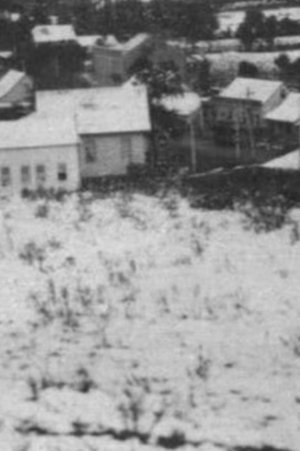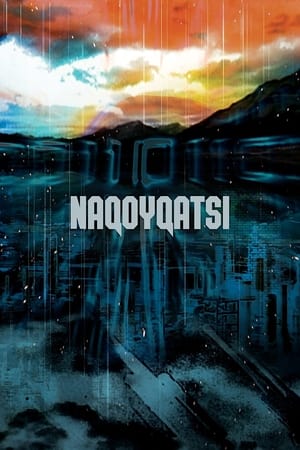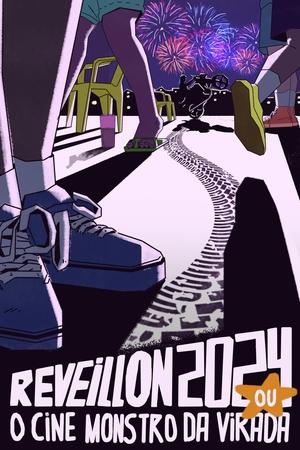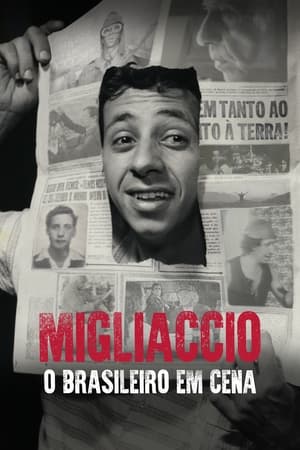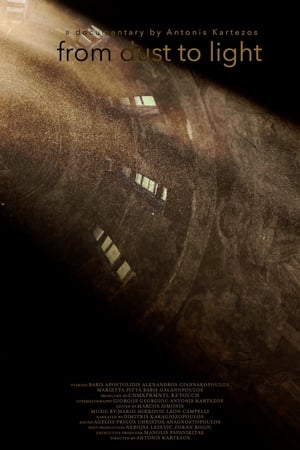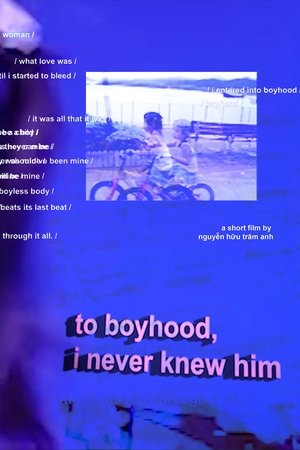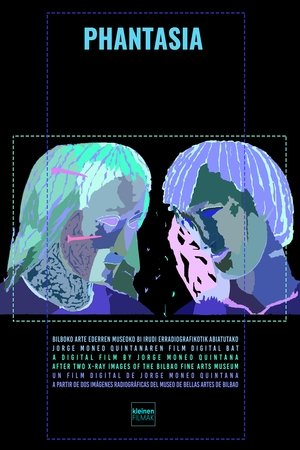Overview
A poetic mosaic of intimate and cultural perspectives on Pará reveals a sensory experience of discovery. Between spontaneous records, memory, and affection, the narrative bridges Northern and Southern Brazil, highlighting the richness of Paraense culture.

 7 min
7 min
 0
0
 2014
2014
 BR
BR
